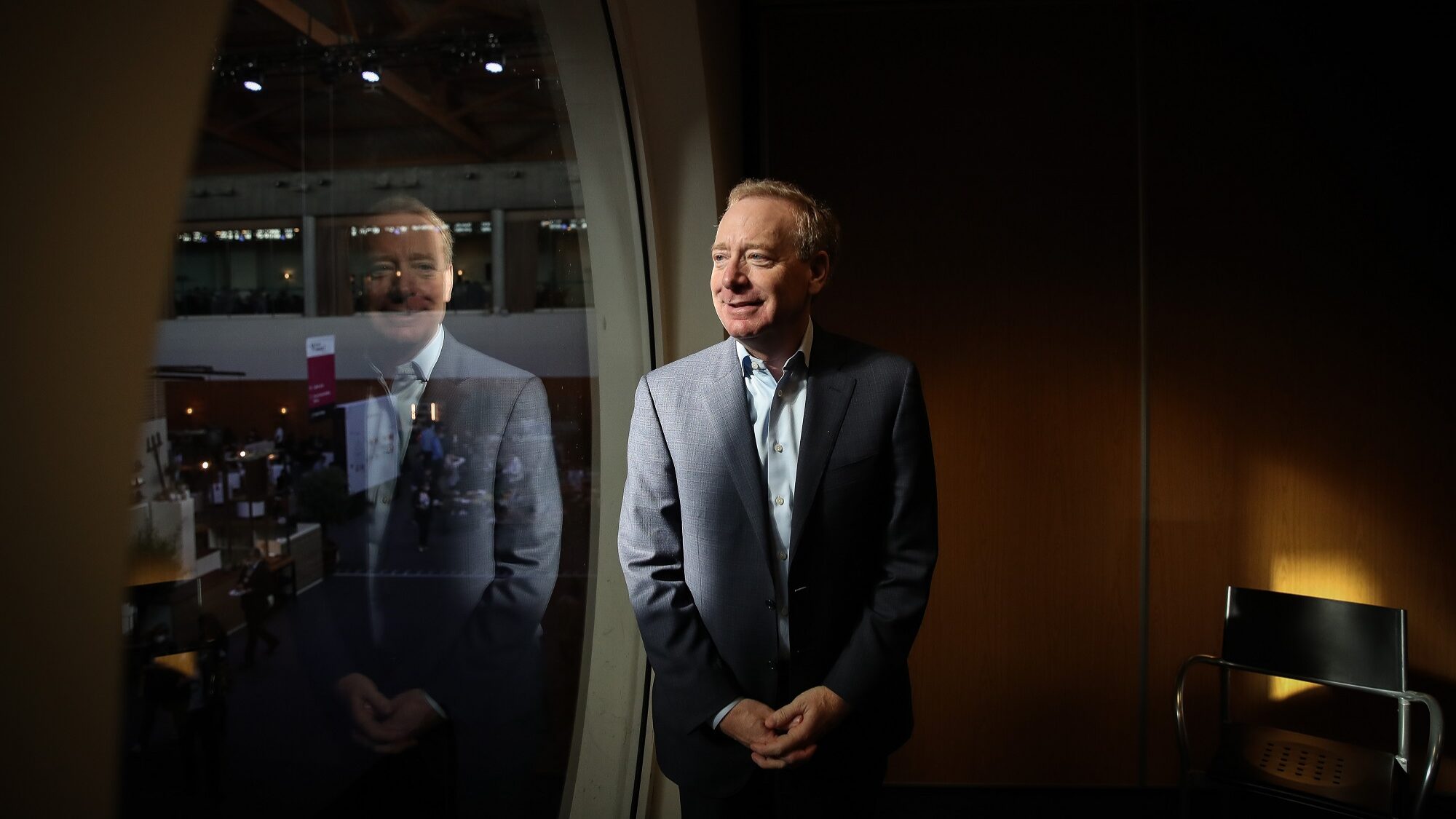Mário Centeno’s race for the vice-presidency of the ECB kicks off today
The starting signal for Luis de Guindos' succession will be given this Wednesday at the Eurogroup meeting. The Portuguese government will support Mário Centeno's candidacy, but there is competition.
Mário Centeno’s race for the position of Vice-President of the European Central Bank (ECB) formally begins this Wednesday, with the opening of the process at the Eurogroup meeting. The former Governor of the Bank of Portugal, who has been in intense contact with various European officials in recent weeks, wants the position and will have the essential support of the Portuguese Government. The Eurozone finance ministers are meeting this afternoon and the “competition” for the ECB “vice-president” has not even been identified, but it appears in the so-called “miscellaneous” items scheduled for the end of the meeting.
Officially, neither the government nor Mário Centeno are commenting on a process that will still take weeks. This Wednesday, the Eurogroup meeting will take place, preceding the Ecofin meeting in the following days. And it is at this Wednesday’s meeting that Member States will be informed of the timetable and process for choosing the next ECB Vice-President, whose term of office will begin in July 2026.
However, at this Wednesday’s meeting, the names circulating in the corridors of Brussels to succeed Spain’s Luis de Guindos will not yet be on the table. That moment will come in about a month’s time: on 11 December there will be a new Eurogroup meeting and an Ecofin meeting on 12 and 13 December, and it will be then that countries will have to clarify who they are proposing.
The Portuguese government has not yet made a formal statement on the matter, but is expected to support Mário Centeno. The former governor of the Bank of Portugal has a strong track record at European level and is keen to win the position. In recent weeks, he has been strengthening his extensive network of contacts and support among member countries in case he does go ahead. All that is missing is public support from Portugal, which could happen formally according to the timetable — that is, within a month at the latest. But the decision has been made.
The race is open and there are several strong candidates for the position sought by Mário Centeno, led by Finland’s Olli Rehn. Other names include Croatia’s Boris Vujčić and Christina Papaconstantinou, deputy governor of the Greek central bank. Latvia has also shown interest in proposing a name, but this has not yet materialised.
Of these, Olli Rehn, former European Commissioner, was the first to formally position himself with his country’s support. “The Government strongly supports Olli Rehn for the position of Vice-President of the European Central Bank. He has been a steady hand at the central bank and a decisive political leader in Brussels”, Finnish Finance Minister Riikka Purra told Politico, adding that Rehn “is uniquely qualified for this position”.
Still, this formal public support is not seen as decisive, with some of the sources contacted even arguing that it could be counterproductive. The final decision will be made through negotiation and consensus, rather than by a ‘voting’ system, so behind-the-scenes work will be more important than public political endorsements.
There are several points in Centeno’s favour: his CV, from his academic background to his leadership of the Bank of Portugal, his positive work during his time at the Ministry of Finance – achieving a budget surplus – and the fact that he was president of the Eurogroup. On the other hand, he has two heavyweight names among his allies: Christine Lagarde, president of the ECB, with whom Centeno has an excellent relationship; and António Costa, current president of the European Council, who has been actively involved in promoting the candidacy of the former governor of the Bank of Portugal – who was his finance minister.
On the other hand, Olli Rehn is also a candidate with a strong track record at European level, whereas a female candidate or one from an Eastern European country could bring advantages in terms of representation, something that is also taken into account in political negotiations. Another disadvantage is the fact that Spain’s Luis de Guindos replaced Portugal’s Vítor Constâncio, which may make his appointment difficult for some countries, as he would be the second Portuguese in the last three ECB vice-presidents.
This is one of the points that leads the Portuguese government to be cautious about the success of Centeno’s candidacy. The process will be tough and competitive and also depends on many political variables, not all of which are visible at this stage.
To counter this argument, Centeno’s candidacy may still have another trump card to play: the fact that Portugal currently has a clear and virtually unprecedented lack of representation at the various summits of the European Union’s financial supervision. In an analysis of the 32 executive positions of the six main financial regulators in the Eurozone, there are only six countries in the area that have no representation, Portugal being one of them.
The process is still long, but the most decisive phase will take place over the next two months: first in the official positioning of countries and then in negotiations to reach a consensus on a name. After Wednesday’s meeting, Eurozone members will propose names, which will then be discussed by finance ministers within the Ecofin framework. Once a name has been chosen, it is proposed to the European Council, currently chaired by former Portuguese Prime Minister António Costa.
The candidate is then formally heard by the European Parliament’s Committee on Economic and Monetary Affairs. Finally, an opinion is issued by both the European Parliament and the Governing Council of the ECB, which consists of the six members of the Executive Board and the governors of the central banks of the 19 euro area countries. Only then does the process end, if all goes well, with the appointment by the European Council, by a reinforced majority vote.
Government “always welcomes” a Portuguese candidate in the running
It was precisely at the entrance to the Eurogroup meeting that the Portuguese Government, in the person of the Minister of Finance, commented publicly for the first time on the possibility of Mário Centeno entering the race for the position of Vice-President of the ECB.
“The government, naturally, as always, and as happened with António Costa recently, is always pleased when a Portuguese national can attain an international position”, said Joaquim Miranda Sarmento on Wednesday, speaking to journalists as he entered the meeting of finance ministers from the 19 Eurozone countries, which is taking place in Brussels.
The finance minister was commenting on questions from journalists about the appointment process that begins at this Wednesday’s meeting and could result in Mário Centeno moving to Frankfurt.
“What will happen today [Wednesday] in the Eurogroup is just the announcement of the timetable and all the formalities of this process. The question of names is still premature”, he explained, assuring that “the satisfaction” of seeing a Portuguese person in the running for an international position “is the same for everyone”.
In this regard, he reiterated that “it is always good for the country when a Portuguese citizen has the opportunity to attain a European or international position, as has been the case on several occasions”. When asked what qualifications Centeno possesses for the position of ECB Vice-President that he did not possess for the Portuguese Government to reappoint him as Governor of the Bank of Portugal, Miranda Sarmento deferred “that analysis” to a later date.




